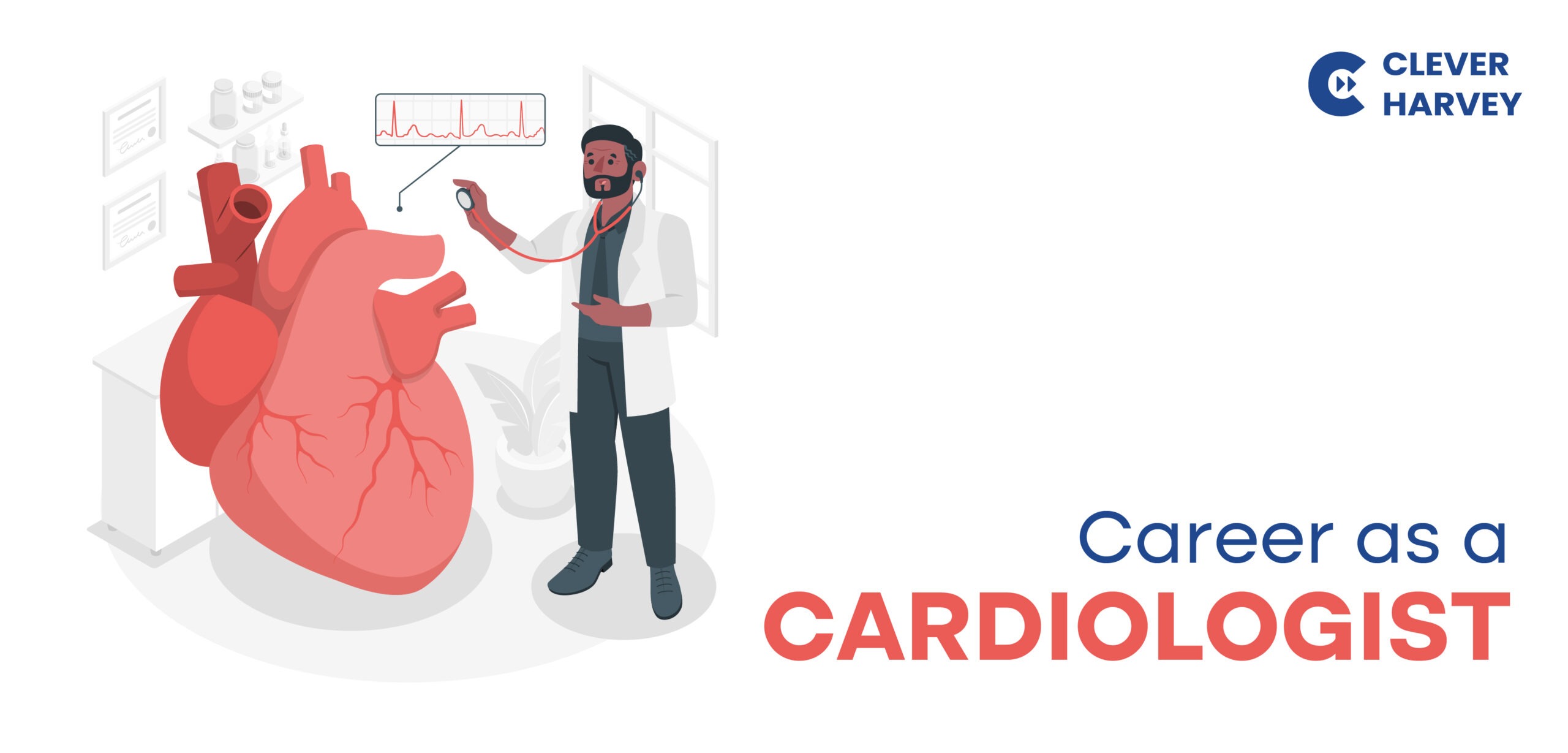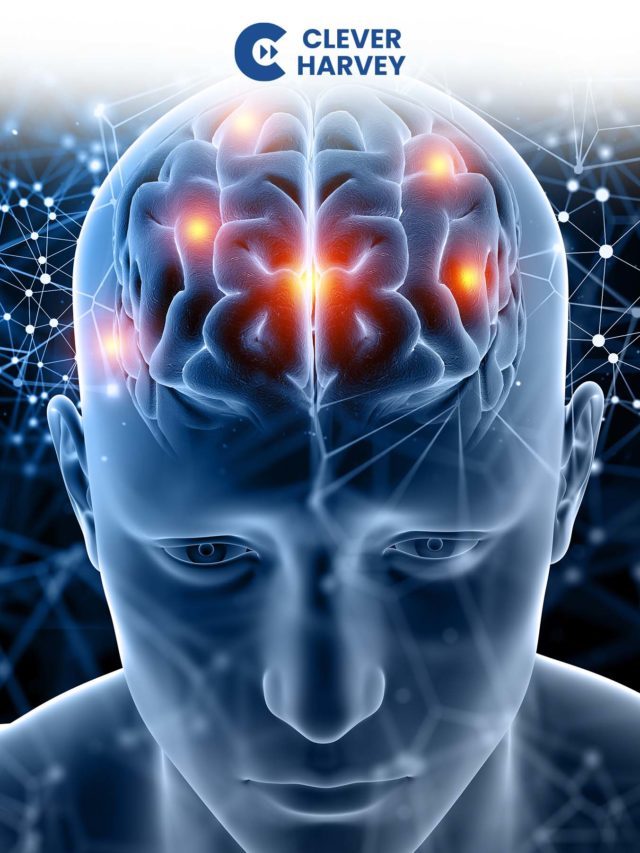
How to become a Content Writer – A Complete Guide
Embarking on a journey as a content writer requires passion, persistence, and continuous learning. With the increasing digitalization of businesses, the demand for skilled content writers is on the rise. Dive in, keep writing, and you’ll carve your niche in no time!






